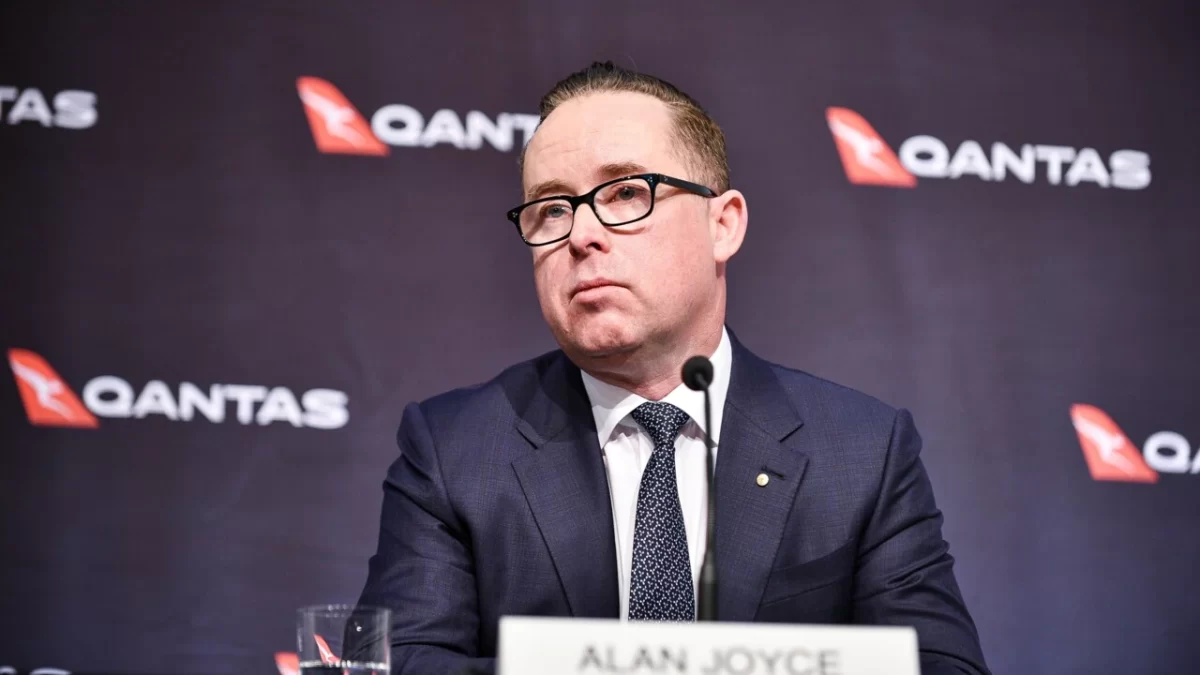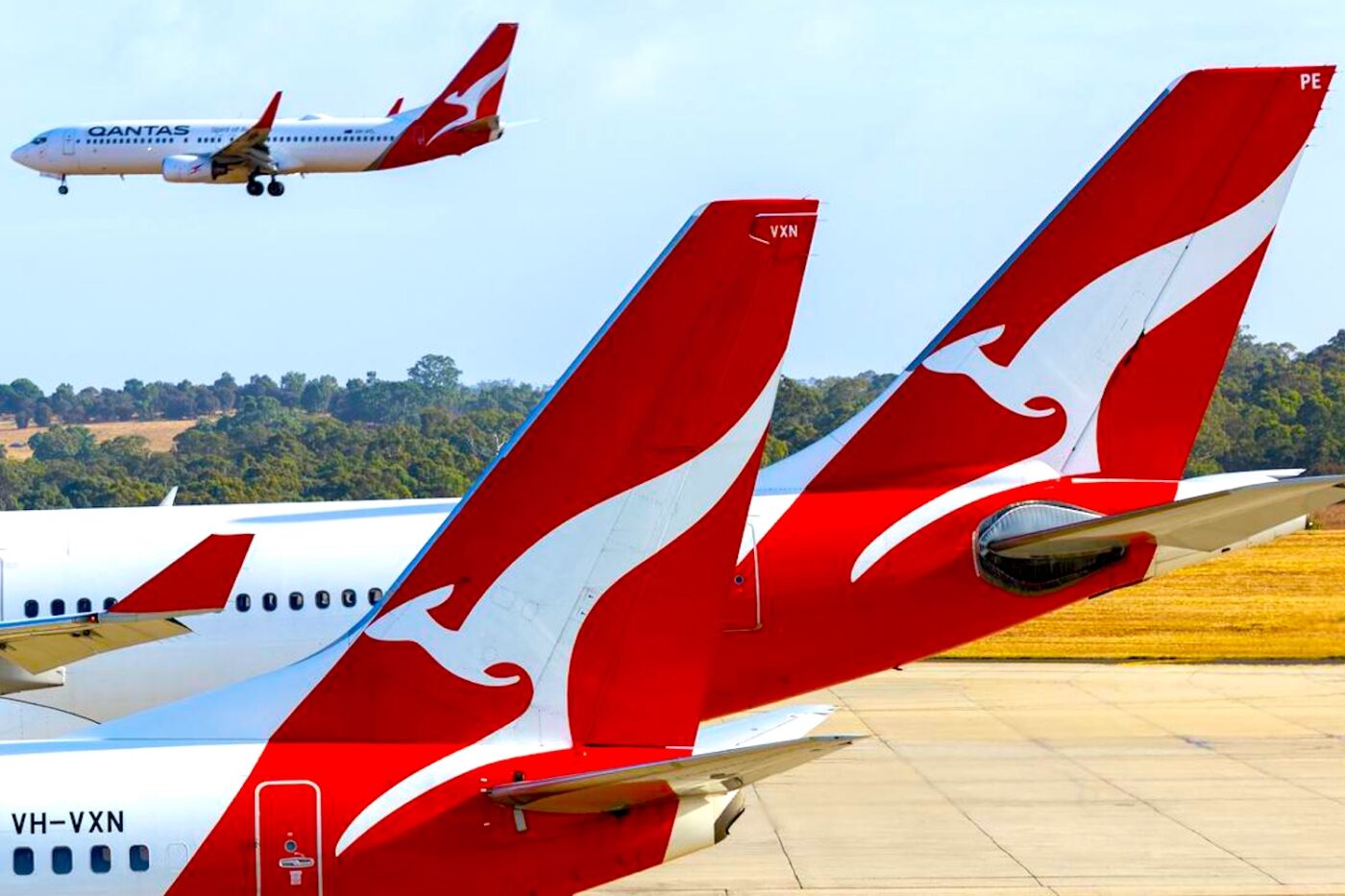Qantas has caused uproar this week by kicking a Vietnam Veteran out of a business class seat he had booked and paid for so that one of their own pilots could travel in luxury to his next flight.
Qantas is renowned for having one of the nicest business-class offers in Australia, so it’s no surprise that a 78-year-old Vietnam war veteran and his wife would choose to book a pair of seats for their flight to the South Australian capital of Adelaide.
Unsurprisingly, the news came as a shock to Stephen Jones and his wife, who were peacefully sipping coffee in the Qantas lounge just thirty minutes before the final leg of their journey from Melbourne to Adelaide.
But why exactly did this happen? The reason cited was a pilot’s right and requirement to travel in business class, as stipulated by an enterprise agreement drawn up by Qantas. This took precedence over the Jones’ pre-booked seats, despite the pilot being decades their junior.
WATCH: Soon-to-depart Qantas CEO Alan Joyce gets chippy on Australian TV:
Mr. Jones, a combat veteran who served in Vietnam in the 1960s, shared his dissatisfaction with the situation during an interview with Melbourne’s 3AW radio. He revealed that, after submitting a letter of complaint, he was offered 5000 Frequent Flyer points as compensation and received an apology.
However, Mr Jones was also quick to note that the pilot who took his seat beside his wife did so without any form of acknowledgement in person, let alone an apology. Understandably, Mr. Jones declined the offer of Frequent Flyer points, saying:
“I don’t think anything is going to change until there are ramifications for Qantas or costs for Qantas when they upset their customers.”
Stephen Jones
According to Qantas, the airline was obliged to provide the pilot with a business class seat due to a pre-established enterprise agreement and failure to do so could have resulted in the cancellation of the pilot’s scheduled flight from Adelaide, as reported by News.
Legal expert Justin Lawrence — Partner at Henderson Ball Lawyers — shed light on the predicament, explaining the legal loophole that means there is little that customers can do in such cases. This practice is considered standard operating procedure within the airline industry, as Lawrence outlines:
“Unfortunately, their terms of carriage allow them to do this sort of thing – this happens so often they’ve actually got a term for it, buckle up, they call this ‘involuntary downgrading.'”
Justin Lawrence
He went on to describe how airlines tend to overbook business class or first class, resulting in the regular removal of passengers to accommodate internal crew members. Sadly, this takes place across the industry and isn’t unique to Qantas. Bafflingly, passengers cannot and should not assume they will always be seated in the class they paid for, as last-minute changes can legally occur at the airline’s discretion.
In Europe, where mandated compensation exists for such downgrades, Australia does not have similar regulations in place.
Whether the newly incoming Qantas CEO Vanessa Hudson — who temporarily takes over from the retiring Alan Joyce while a permanent replacement is found — looks to lead the Australian aviation industry out of this predicament by making changes at the airline remains to be seen.

While Mr Jones expressed sympathy for pilots’ need to rest comfortably between flights, he described the experience as “unsettling.” While the fact this happened to an elderly person — let alone a veteran — the real offence here is the underlying legal and regulatory framework that allows airlines to do this.
I’m no legal mastermind and I won’t pretend to be, but I firmly believe that people should get what they pay for and what has been advertised to them. This is only more true in an economic climate that bites down on flyers across the globe as ticket prices continue to soar.
Qantas has made a string of silly mistakes in recent months and years, but this one really isn’t a good look. Do better.
